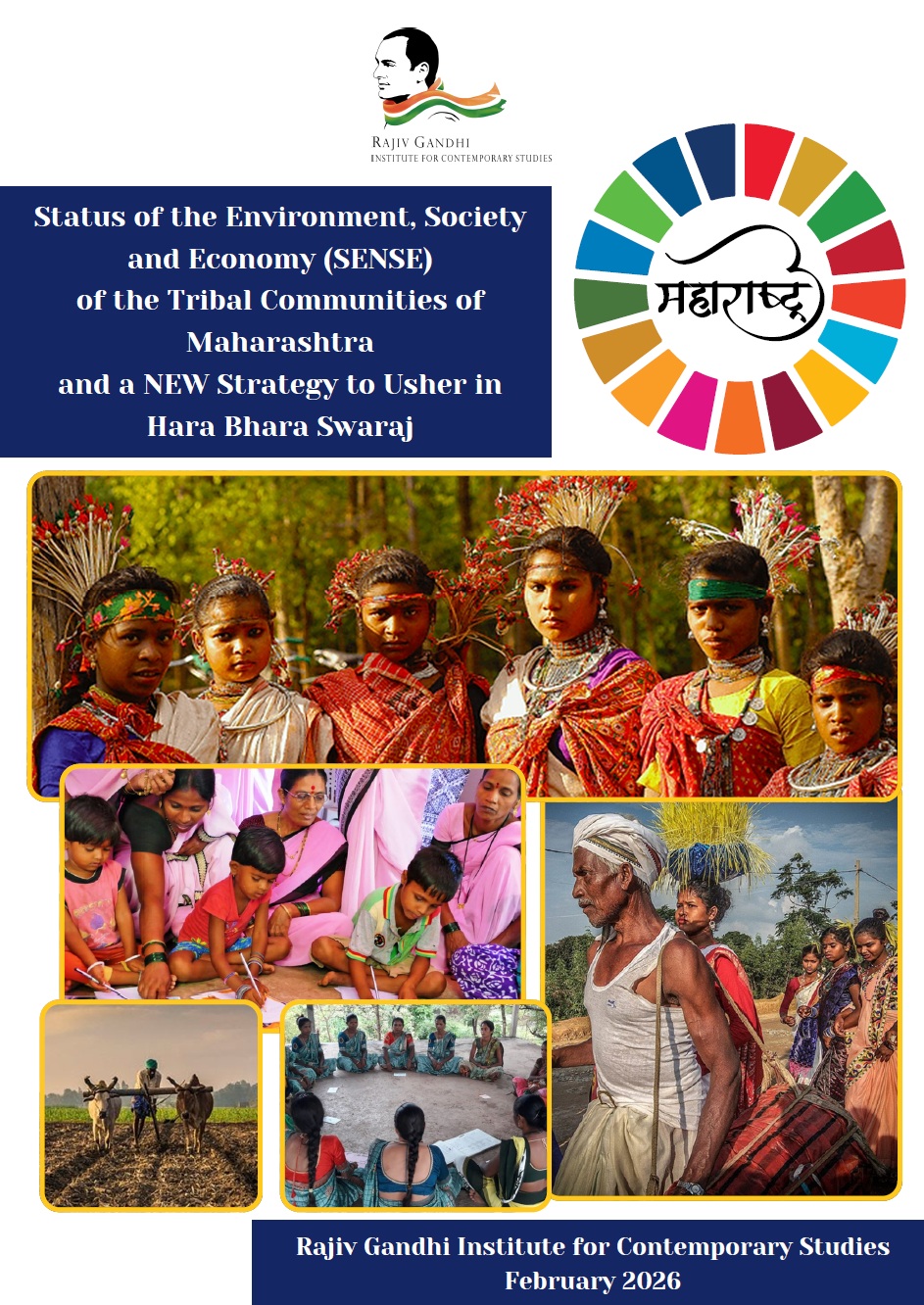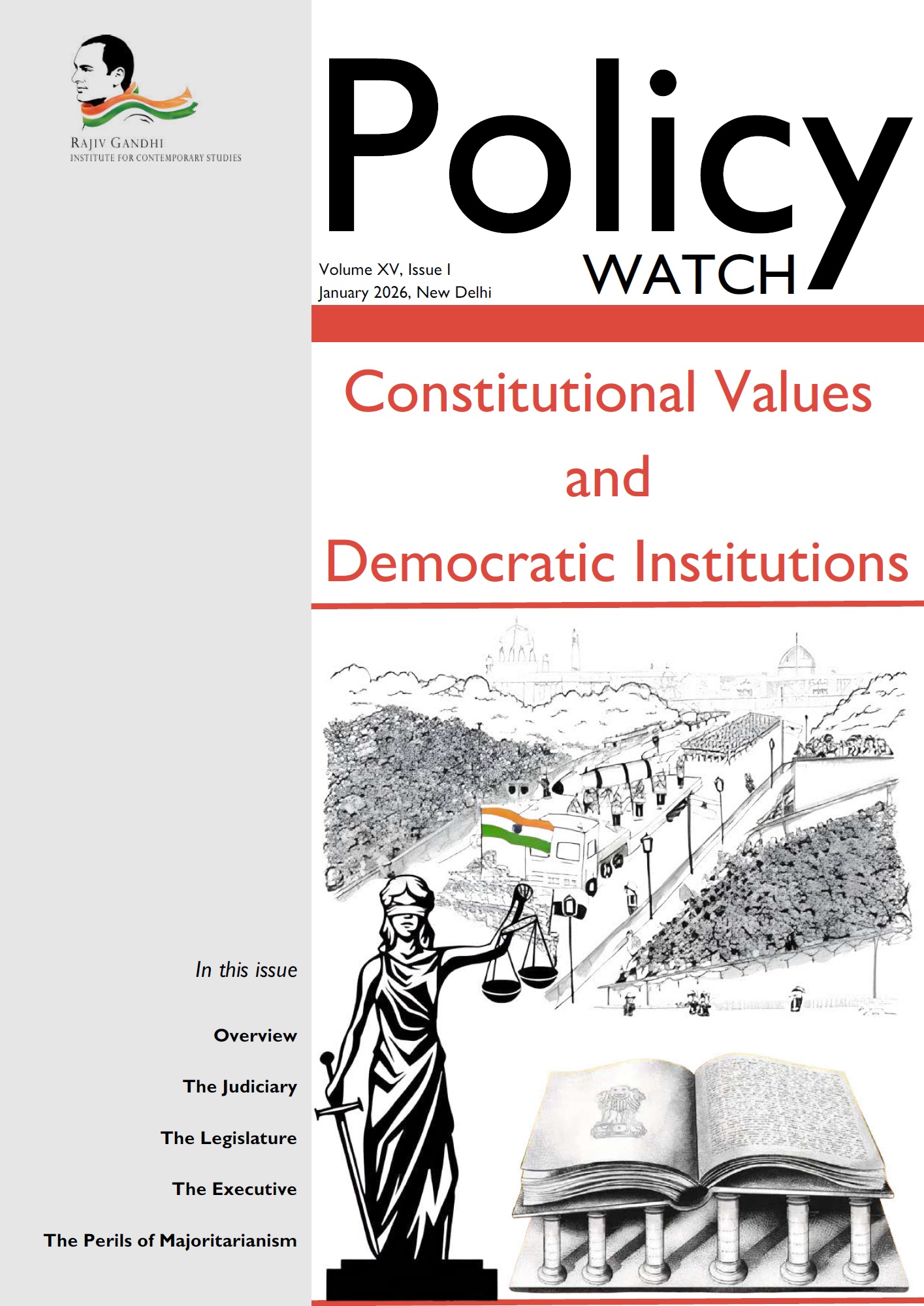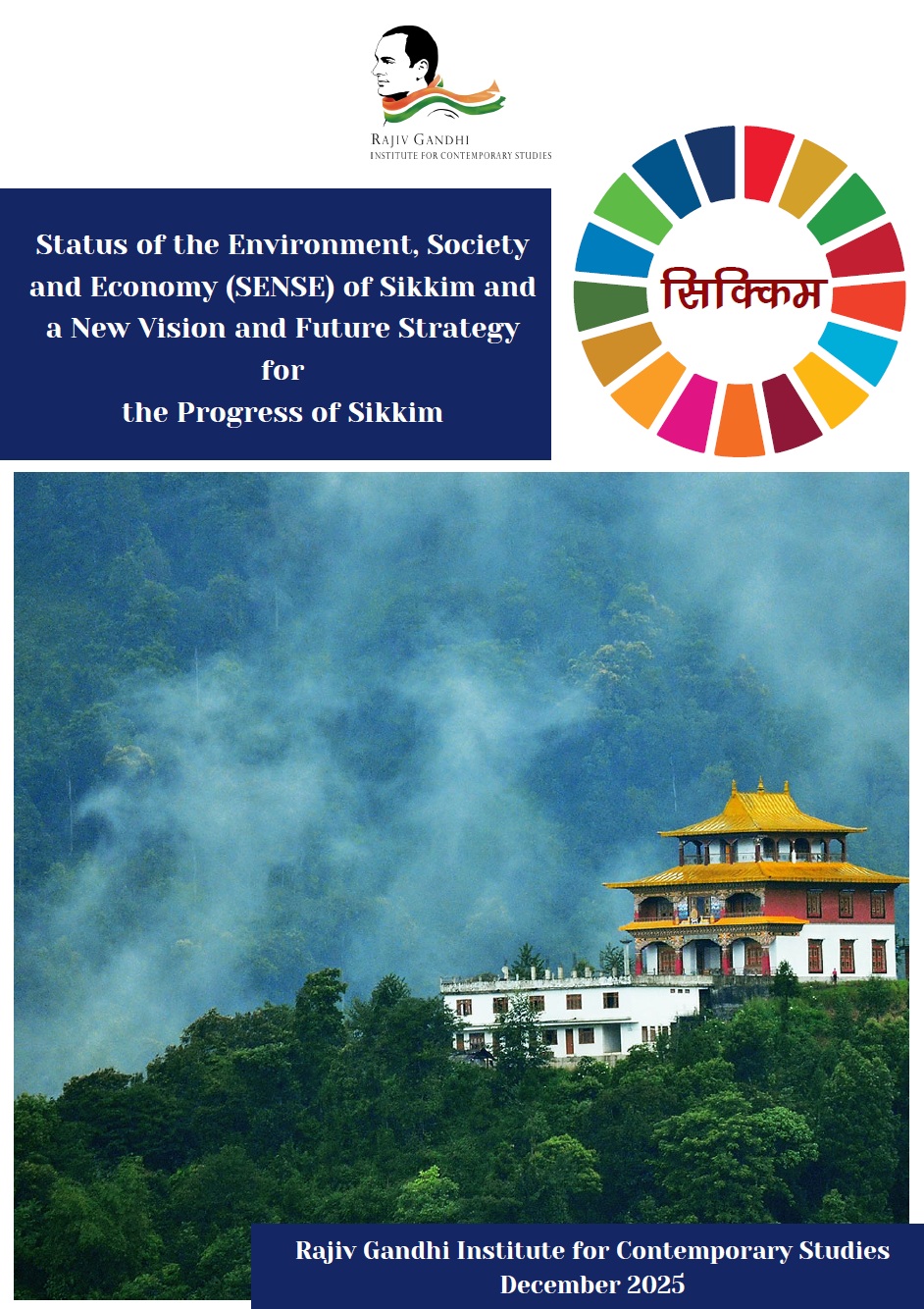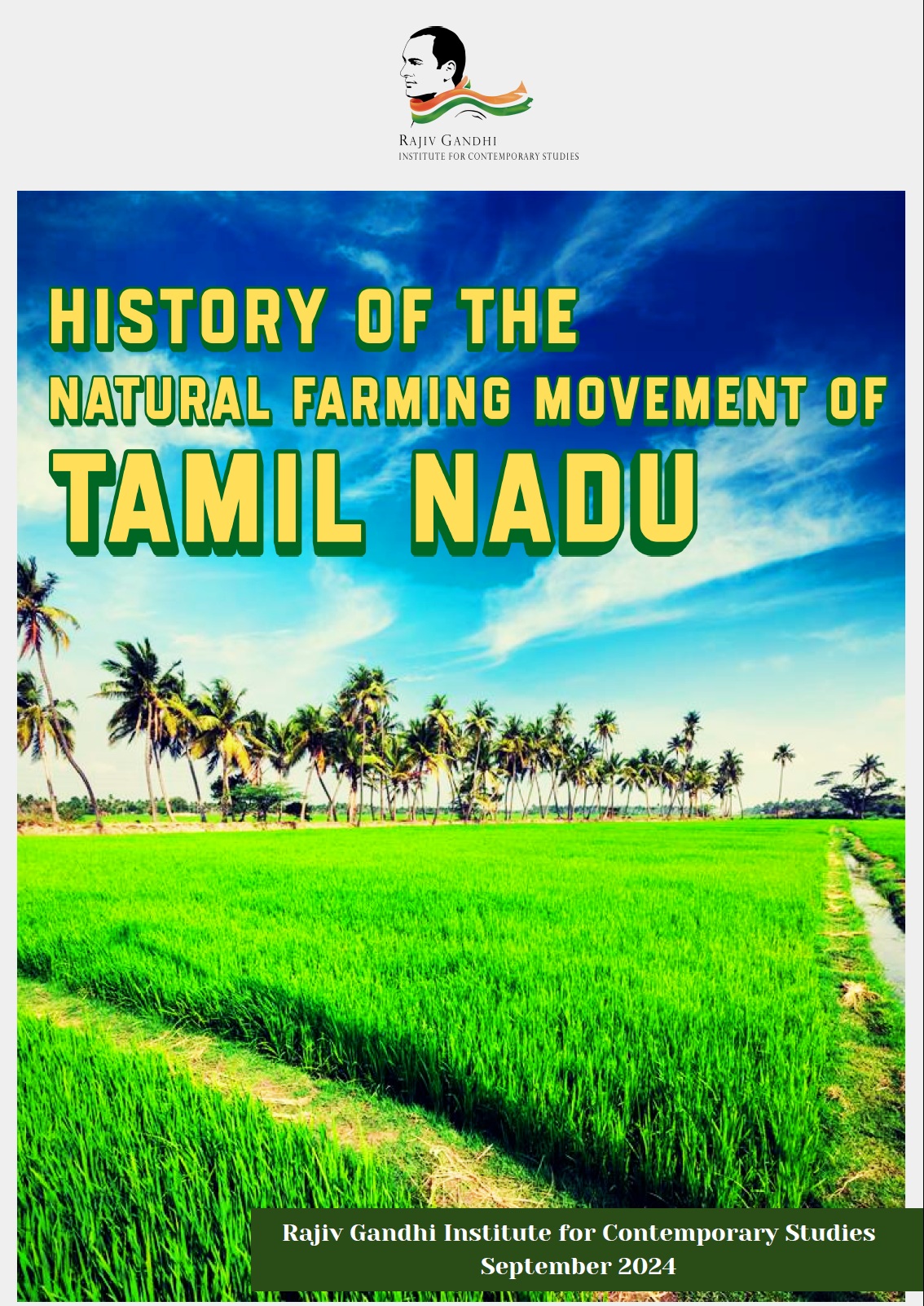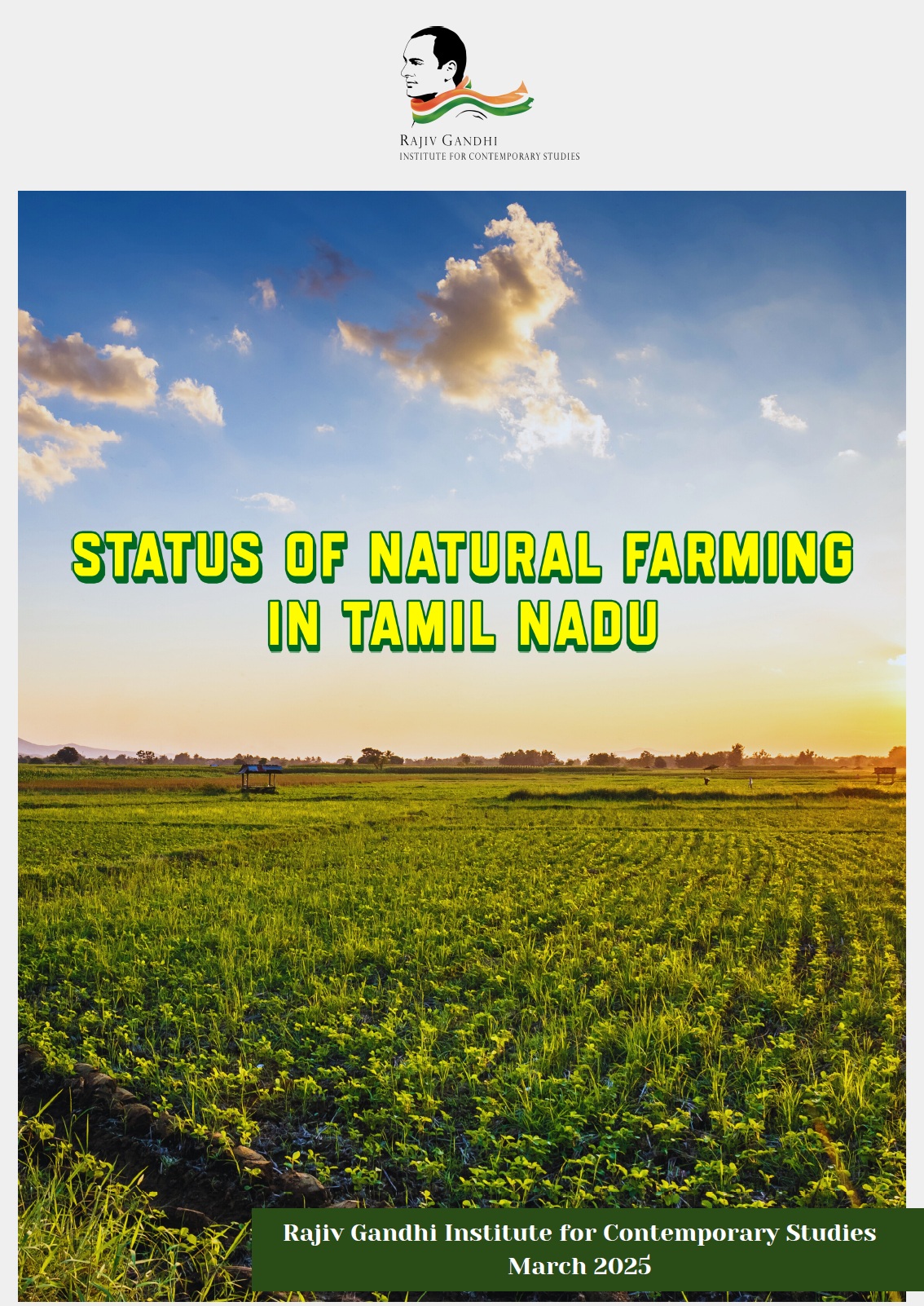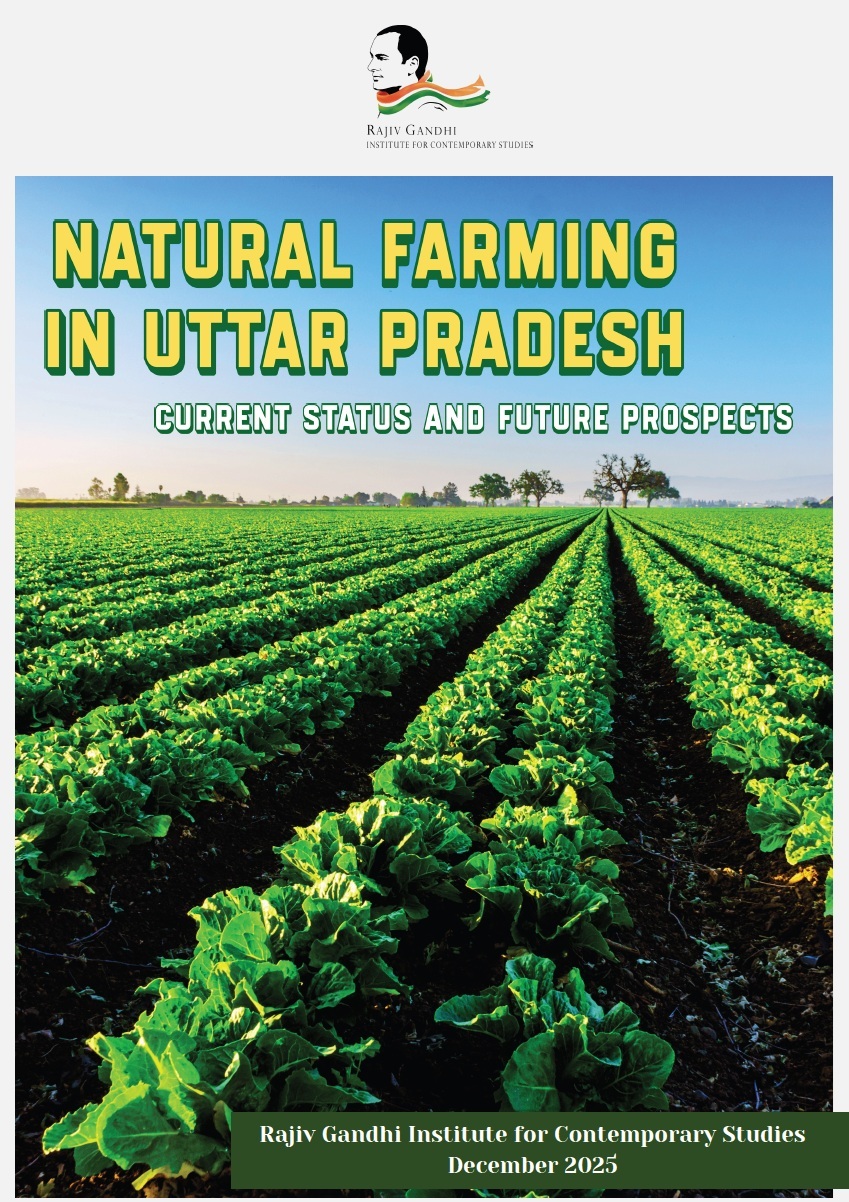The RGICS study examines ten key rights-based laws enacted between 2004 and 2016—including the RTI Act, MGNREGA, RTE Act, and Food Security Act—which collectively form a transformative “Bill of Rights” for India’s marginalized citizens. These laws codified previously implied constitutional rights (like livelihoods under Article 19(c) and life under Article 21) into justiciable entitlements, advancing the Preamble’s ideals of justice, equality, and dignity.
Most laws emerged from extensive deliberations by the National Advisory Council (NAC), a civil society-led body under UPA Chairperson Sonia Gandhi, except the Unorganised Workers’ Social Security Act, which originated from the Arjun Sengupta-led NCEUS. Despite robust legislative frameworks, implementation over 7–15 years has been uneven. While MGNREGA saw significant budgetary support (₹1.2 lakh crore in 2020–21) and institutionalization, others like the Forest Rights Act and RTI faced dilution or bureaucratic inertia, limiting their impact on ground-level justice and equity.
The study, conducted by Arnab Bose under RGICS Director Vijay Mahajan’s guidance, evaluates each law’s status in 2020–21, highlighting gaps between policy intent and outcomes. Key challenges include state-level adoption hurdles (e.g., Land Acquisition Act amendments), underfunding, and weak enforcement. Originally planned as discussion drafts for stakeholder consultations, the pandemic restricted research to desk reviews and telephonic interviews. Despite constraints, the work provides a critical assessment of India’s rights-based governance journey, underscoring the need for stronger implementation to realize constitutional promises. The report concludes with actionable recommendations to address systemic bottlenecks and reinvigorate these landmark legislations.
Policy Watch: Constitutional Values and Democratic Institutions – August 2021
Send download link to:


